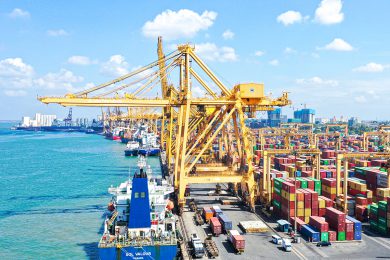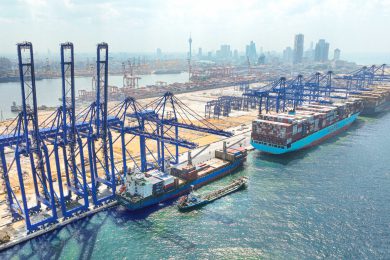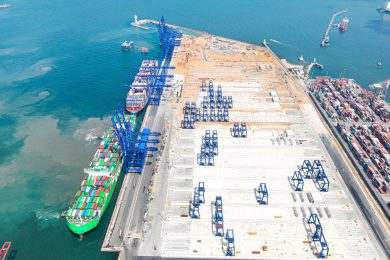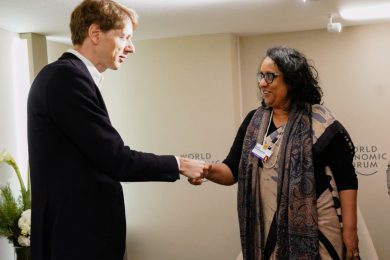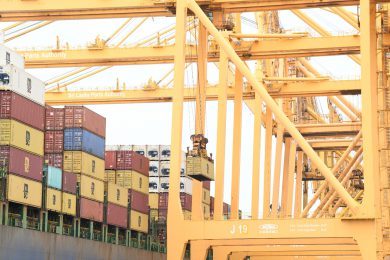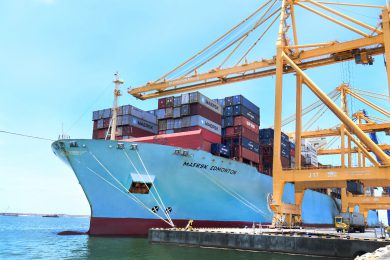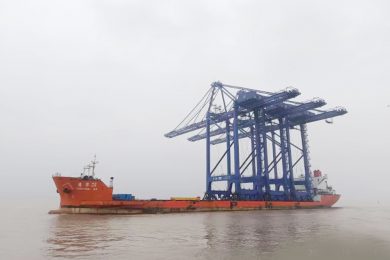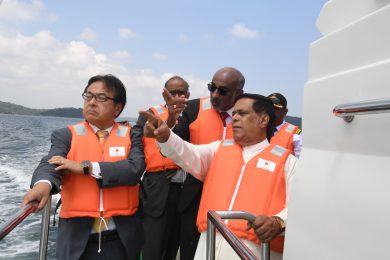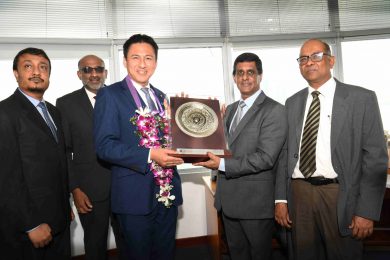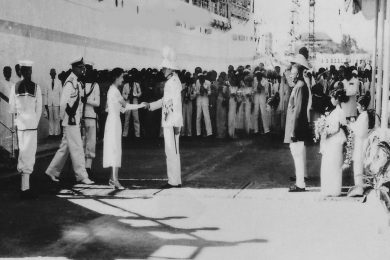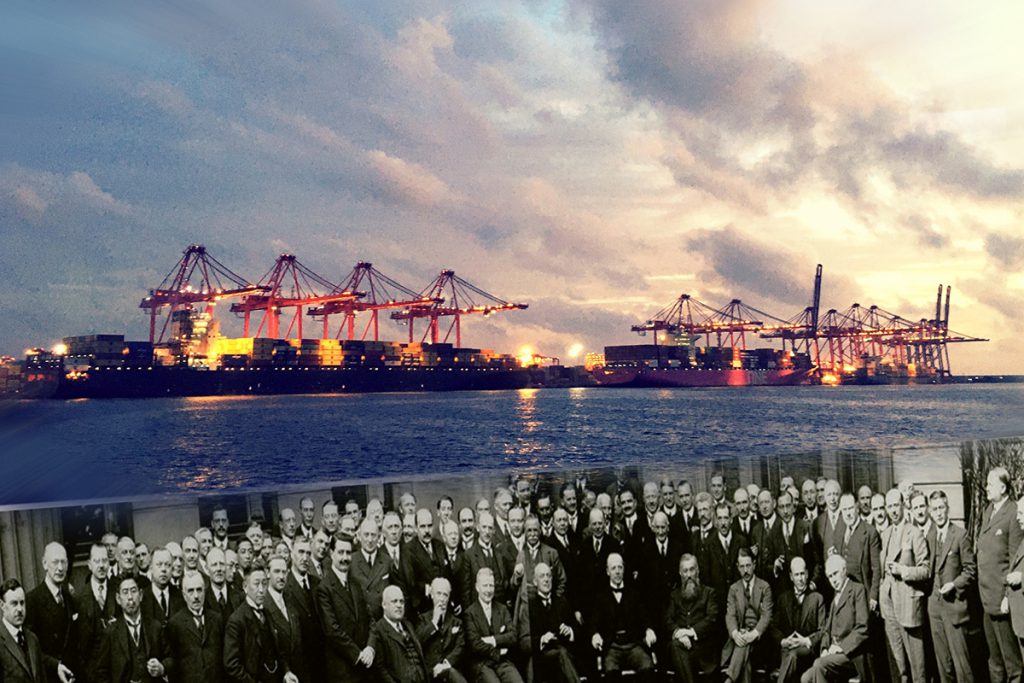In 2022, the International Chamber of Shipping celebrated its 100th anniversary. Following excerpt adapted from the commemorative book charts the history of the organisation from 1921 to 2021.
“Hardly any international conference, whether of nations, commercial men or representatives of labour, is ever held which does not, either directly or indirectly, deal with questions in which we are all interested – shipping.”
Sir Owen Philipps, ICS Chairman 1921–1924
The first ICS meeting
International Chamber of Shipping (ICS) was originally conceived as the International Shipping Conference and can trace its roots to a meeting at the Hotel Victoria, London, in November 1921. An extract from the minutes, at the end of this publication, shows that many of the challenges which confronted shipowners a century ago were very similar to those they continue to face today.
Delegations from 14 national shipowners’ associations, travelling of course by ship, attended the first meeting convened by the Chamber of Shipping of the United Kingdom, the UK at that time being the world’s predominant shipping power.
A new spirit of co-operation
The foundation of ICS was indicative of the new spirit of international co-operation that followed the trauma of the First World War including the establishment by the Treaty of Versailles in 1919 of the League of Nations – the precursor to the United Nations. But it also resulted from the need for shipowners around the world to help influence and shape, in a co-ordinated manner, the new body of international shipping regulation which was starting to be introduced globally. This is still the core purpose of ICS today.
ICS was also deeply involved with promoting the principle of freedom of the seas, that had formed part of the Treaty of Versailles. This eventually evolved into what has now become the United Nations Convention on the Law of the Sea (UNCLOS).
SOLAS is born
In January 1914, following a ground-breaking Diplomatic Conference of governments in London, the first Safety of Life at Sea Convention (SOLAS) had been adopted. This was prompted by the loss of 1,500 lives during the Titanic disaster of 1912 which, while not the largest loss of life from a maritime casualty in peace time (over 4,000 lost their lives during the Doña Paz ferry tragedy of 1987), was instrumental in the creation of SOLAS.

Because of the First World War, the first iteration of SOLAS never entered into force. But much of the early work of ICS was dedicated to the implementation and updating of SOLAS, and ICS was heavily involved in the first major revision of the SOLAS Convention in 1929. Following its entry into force in 1932, SOLAS became one of the earliest examples of truly global regulation for an entire global industry which was implemented and enforced worldwide.
Throughout the 1920s, ICS members set up a number of committees to carry into effect the general principles agreed at its first meetings. This included work on deck cargoes, load lines, lifesaving appliances, ‘wireless telegraphy’ and taxation of shipping earnings, issues which remain central to the work of ICS.
Representation with governments
Because of the logistics involved in travelling to London (this was before the time of commercial aviation), ICS members initially met infrequently as occasion and need demanded. But ICS’s responsibility for representing the industry to governments at international Diplomatic Conferences affecting ship operations steadily began to grow.
Other important ICS work at this time included preparation for meetings at the League of Nations, in Geneva, which led to the adoption in 1923 of the Maritime Ports Convention, which codified the essential principle that ships should be allowed freedom of access to all ports worldwide and should not be discriminated against on the basis of their flag. ICS was also present at the League of Nations World Economic Conferences of 1927 and 1933, the precursor to the first General Agreement on Tariffs and Trade (GATT) which was adopted in 1947.
The Second World War ends
ICS meetings were suspended during the Second World War when hundreds of thousands of merchant seafarers lost their lives on both the Allied and Axis sides, with the Battle of the Atlantic and the Arctic convoys being pivotal to the eventual Allied victory. ICS members next reconvened in London in 1947.
In 1948, ICS members decided to change the association’s name from the International Shipping Conference to the International Chamber of Shipping to avoid confusion with international liner shipping conferences which, before the onset of modern competition regulation, had a significant role in determining maritime freight rates.
The Cold War
With the advent of the Cold War, ICS adopted new rules which until 1991 prohibited membership from communist countries. However, shipowner representatives from the Soviet Union and the People’s Republic of China were routinely invited to attend ICS technical committee meetings as observers, in recognition of the important role these shipping nations played in what was already a global industry, which had to agree and operate to common technical standards.
IMO is established as a UN agency
1948 was also significant because it was the year in which the International Maritime Organization (IMO) was first established by a United Nations treaty, originally as the Intergovernmental Maritime Consultative Organization (IMCO).
The IMO Convention, adopted by the UN in Geneva, finally entered into force in 1958, with the first meeting of IMO Member States held in London the following year. Early IMO meetings were held in Piccadilly (now the location of the Japanese embassy to the United Kingdom). These early meetings led to the adoption of a further revision of SOLAS in 1960, the outcome of which ICS sought to influence via co-ordinated representations between ICS members and their respective governments. Throughout this time, as they continue to do today, representatives of ICS national associations formed part of government delegations at IMO meetings.



